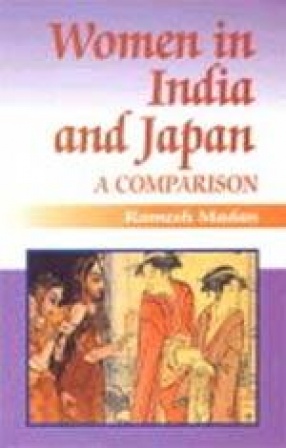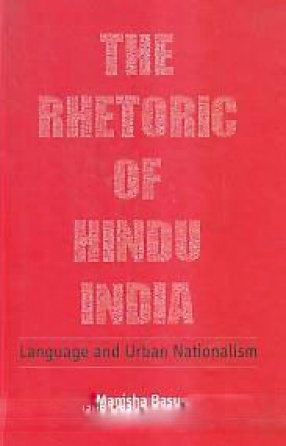This study focuses mainly on urban, middle class, educated, employed women in Japan and India because they are most likely to have been affected by social, economic and political changes. Though numerically small, they are the opinion formers. The study aims to find out how far education and employment empower women? To what extent is education an agent of social change? In order to do this, it will look at the following aspects: women’s education, its growth and its quality; employment patterns; how far employment affects women’s status within the family; problems women face in work situations; how far participation of women in activities outside home in the public sphere has changed their role and position in the family; the impact of modern technology on women’s lives; the impact of various legislative measures and the role of women’s voluntary organisations. An attempt has been made in this study to bring out the similarities and differences between Indian and Japanese women in the social, legal, economic and political fields. Finally, measures for improvement in the status of women have been suggested.
The Rhetoric of Hindu India: Language and Urban Nationalism
This book examines the late ...
$33.30
$37.00





There are no reviews yet.